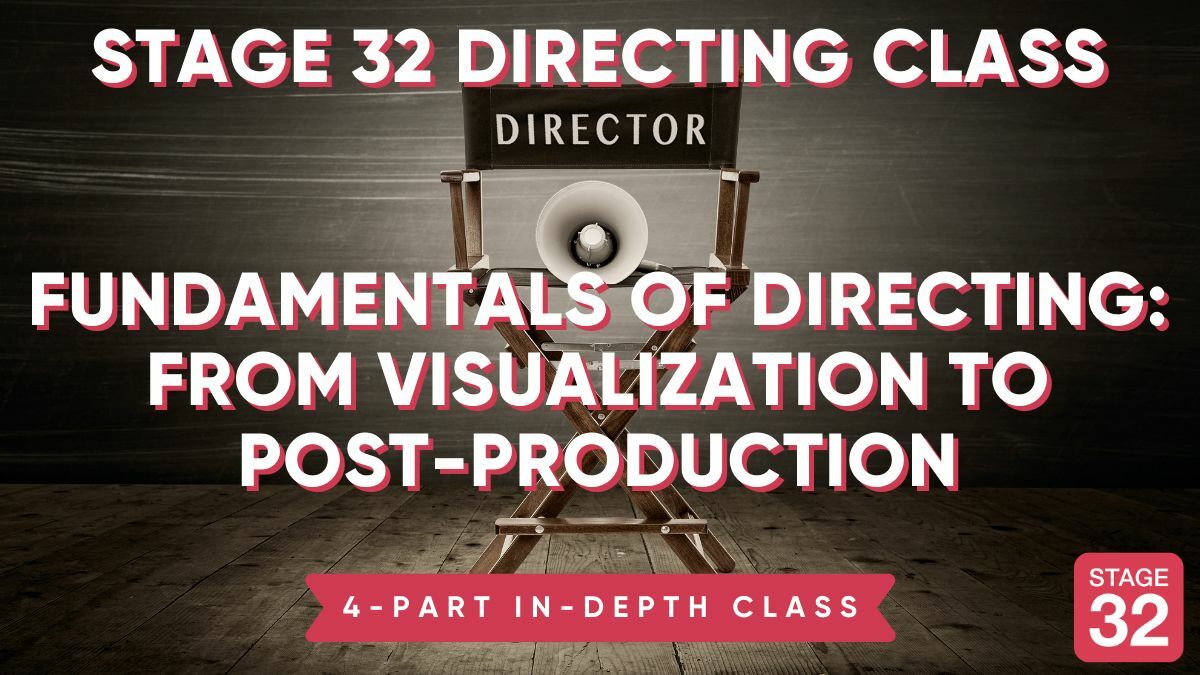Hello everyone,
I’d like to share something personal — a journey, an experience that happened to me recently. I was working on a play, and in that play, I had to portray a person who wears a hearing aid. All the weight of that responsibility fell on me, and I found myself constantly thinking: What do I do now?
The role had so many emotionally challenging moments — situations that were already hard enough to perform — and on top of that, I had to figure out how to portray this specific aspect of the character truthfully. I couldn’t ignore the way they speak, but I also couldn’t let it overpower the emotional arc I needed to deliver.
Then one day, I decided to try something. I tried speaking without using the front part of my tongue. I had realized that people who wear hearing aids often lack full awareness of how the front of the tongue functions in speech. So, sounds like t, d, n — they can’t articulate them the same way. They use the middle part of the tongue instead.
So I tried that. And the moment I started speaking like that — delivering the lines, embodying the character — something unexpected happened. I felt sorry for myself. I don’t know how else to put it. I heard myself speak, I felt the struggle in my own voice, and it hit me hard. It was like a mirror was held up to something I didn’t expect.
And suddenly, every emotion that was meant to happen in that scene started happening — effortlessly — just because I felt sorry for myself.
It was one of the most honest acting moments I’ve ever had.



2 people like this
Marin Klišmanić thanks for so honestly sharing this moment from you acting experience. Being able to access the emotions of the character through the body is such a powerful technique. I wonder what supported you on that particular day to try something different? And how did you know about speaking from the middle part of the tongue? I would never have known that?
2 people like this
Thank you so much for your kind words – it really means a lot to me!
What inspired me that day was actually observing people with hearing impairments. I noticed that for sounds like t, d, n, l and similar, the articulation shifts – the tongue moves more toward the middle of the mouth, and sometimes even slightly outwards. It creates a different, slightly unstable sound – which I found very expressive.
I wasn’t trying to be technically precise, but rather to capture the impression of someone wearing a cochlear implant – someone who’s trying to communicate, but whose speech naturally carries that unique texture. That quality really helped me access the emotional vulnerability of the character.
2 people like this
Marin Klišmanić what a great observation you made. My acting teachers words are ringing in my ears that the best way to improve acting is to simply watch others and ourselves go about our daily lives. I'm struck by how connecting with the vocal quality helped you to get into character. Do you often use this way in? What is the way you most like to connect with a character?
2 people like this
Marin Klišmanić, the care and thought you put into portraying that character with authenticity and respect is deeply moving. It’s such a fine line to walk, honoring the physical truth of a role without letting it overshadow the emotional core—and you found a way to merge the two in such an honest, human way. You weren’t just performing, you were connecting. And that connection radiates far beyond the stage.
This kind of reflection is what makes the Acting Lounge so meaningful. Thank you for being willing to open up.